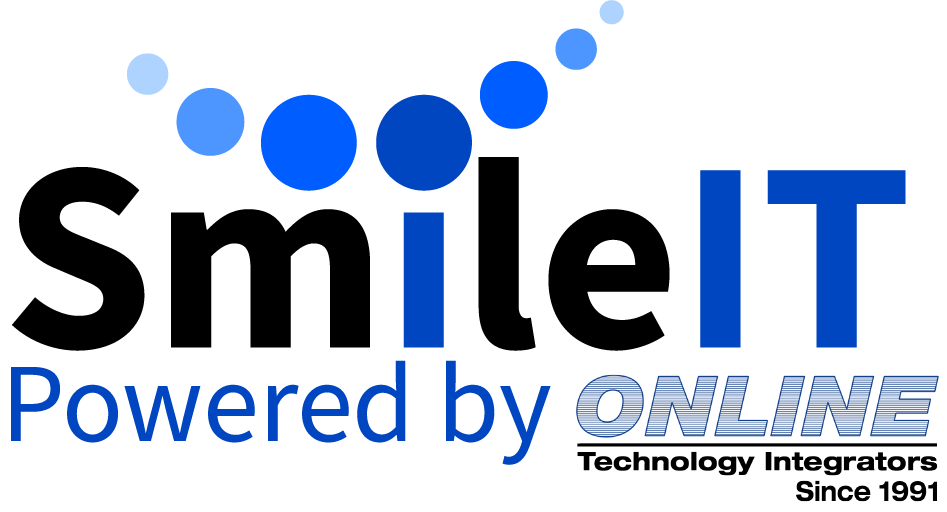Navigating the complexities of healthcare regulations can be daunting, and more than a little frustrating for the inexperienced. But whether you’re a small clinic or a large hospital, complying with the Health Insurance Portability and Accountability Act (HIPAA) is non-negotiable, and for good reason.
In this post, we present the ultimate HIPAA Compliance Checklist to make your compliance efforts smoother and more effective.
Why HIPAA Compliance Matters
HIPAA compliance isn’t just about ticking boxes; it’s about safeguarding patient information and ensuring data privacy. Enacted in 1996, HIPAA aims to protect sensitive patient information from being disclosed without the patient’s consent or knowledge.
This is accomplished by enforcing standardized policies and procedures for the handling and storage of personal health information (PHI). Non-compliance can result in hefty fines, legal issues, and loss of reputation. Hence, staying compliant is crucial for any healthcare provider.
Here’s a step-by-step HIPAA compliance checklist to help you ensure that your facility is meeting all the necessary requirements:
1. Decode the Privacy Rule
Understanding the HIPAA Privacy Rule is the first step toward compliance. This rule sets the standard for protecting patient medical records and other health information.
- It mandates appropriate safeguards to protect the privacy of personal health information.
- It limits the use and disclosure of such information without patient authorization.
- It gives patients rights over their health information, including the right to examine and obtain a copy of their health records.
2. Understand the Rules of HIPAA
HIPAA comprises several rules that you need to be familiar with. Here are some key ones:
- Security Rule: This focuses on the protection of electronic protected health information (ePHI) through administrative, physical, and technical safeguards.
- Breach Notification Rule: This requires covered entities to notify affected individuals, the Secretary of Health and Human Services (HHS), and, in some cases, the media of a breach of unsecured PHI.
- Enforcement Rule: This outlines non-compliance penalties and procedures for investigations and hearings.
3. Establish How You’re Protecting Patient Rights
Patients have rights under HIPAA that must be honored. These include:
- The right to access their health records.
- The right to request corrections to their health information.
- The right to receive a notice of privacy practices.
Ensure your policies and procedures respect these rights.
4. Know What HIPAA Violations Look Like
HIPAA violations can occur in various forms, such as:
- Unauthorized access to PHI.
- Sharing PHI without consent.
- Failing to encrypt ePHI.
While these sound straightforward, the reality can often seem more complex. Train your staff to recognize and avoid these violations. Regular training sessions and updates on the latest HIPAA guidelines can go a long way in maintaining compliance.
5. Establish a Data Recovery Plan (and Test It!)
Data breaches can happen despite your best efforts, which means having a data recovery plan; this is essential to minimize damage and ensure business continuity. Here’s a basic outline of what that involves:
- Develop a plan outlining steps to recover lost data.
- Conduct regular drills to test the effectiveness of your recovery plan.
- Update your plan based on test results and evolving threats.
6. Implement Safety Measures
Safety measures are the backbone of HIPAA and an essential part of the HIPAA compliance checklist. These can include:
- Encryption of ePHI.
- Regular software updates and patch management.
- Secure authentication processes.
Implementing these measures can significantly reduce the risk of data breaches and ensure compliance.
7. Skip the Stress and Let an MSP Handle Compliance For You
Managing HIPAA compliance in-house can be overwhelming. Managed service providers (MSPs) like SmileIT can handle compliance for you, making sure all the little details get taken care of so you can focus on your business. Here are just a few of the benefits:
- MSPs have expertise in healthcare IT compliance and how to do it right.
- They can provide ongoing monitoring and support to make future compliance a breeze.
- They offer solutions specially tailored to accommodate your specific needs and budget.
Why Choose SmileIT?
At SmileIT, we specialize in healthcare IT solutions for private practices like dental offices. Our team of experts understands the intricacies of HIPAA compliance and can help you stay compliant effortlessly, allowing you to focus on providing quality care to your patients.
Committed to providing top-of-the-line service, we prioritize tailored solutions that are perfectly aligned with your business needs. With SmileIT, you can ensure that your facility is always up-to-date with the latest HIPAA guidelines and regulations.
Compliance Starts With a Smile
By following our comprehensive HIPAA compliance checklist and partnering with a trusted MSP, you can ensure your organization meets all HIPAA requirements, thereby safeguarding patient information and building trust with your clients. Contact SmileIT today to learn how we can help you secure your healthcare practice and protect patient data.
Let SmileIT handle your compliance needs, and you can focus on what matters most: providing exceptional healthcare services. So take a deep breath, relax, and smile—because with SmileIT, HIPAA compliance is just one less thing to worry about.


